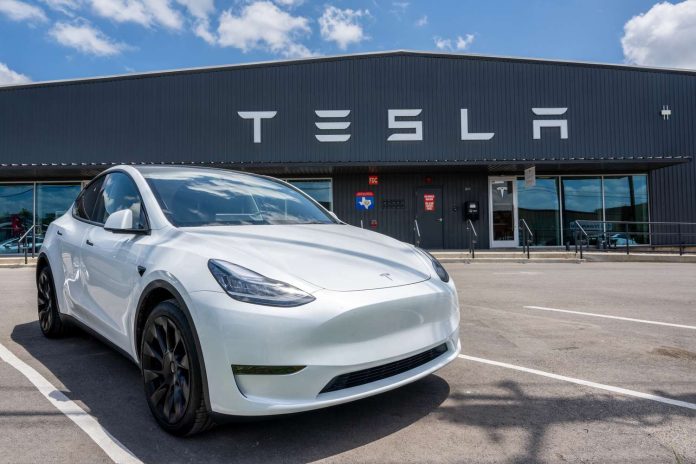Tesla Inc., the renowned American electric vehicle (EV) manufacturer, is making significant strides toward entering the Indian automotive market. This move aligns with India’s burgeoning focus on sustainable transportation and its position as one of the world’s largest automotive markets.
In This Article:
Tesla’s Renewed Interest in India
After years of anticipation, Tesla’s plans to establish a presence in India are gaining momentum. In February 2025, the company intensified its efforts by posting job advertisements for 13 positions in Mumbai, including roles such as store manager and delivery operations. This recruitment drive indicates Tesla’s intention to open a showroom in India’s financial hub, signaling a concrete step toward market entry.
Further solidifying its commitment, Tesla has identified prime locations for showrooms in New Delhi and Mumbai. The New Delhi showroom is set to be located in Aerocity, near the international airport, while the Mumbai showroom will be situated in the Bandra Kurla Complex. Each showroom is expected to encompass approximately 5,000 square feet, providing ample space to showcase Tesla’s innovative vehicles.
Challenges and Negotiations
Despite these advancements, Tesla’s entry into India has not been without challenges. A significant hurdle has been India’s high import tariffs on electric vehicles, which can reach up to 100%. These tariffs have been a point of contention, with Tesla CEO Elon Musk expressing concerns over the feasibility of importing vehicles under such conditions. In response, there have been discussions about establishing local manufacturing facilities to mitigate these costs and make Tesla vehicles more affordable for the Indian consumer.
In a notable development, a rare divergence of opinion emerged between President Donald Trump and Elon Musk regarding Tesla’s expansion into India. President Trump criticized India’s high import tariffs, suggesting it would be unfair for Tesla to establish a factory in India under the current tariff regime. This situation underscores the complex interplay of international trade relations and corporate strategy as Tesla navigates its entry into the Indian market.
Strategic Importance of the Indian Market
India’s automotive market is poised for substantial growth, with projections positioning it as the world’s third-largest car market. This potential makes India an attractive destination for global EV manufacturers like Tesla. The Indian government’s push toward electric mobility, supported by initiatives such as the Faster Adoption and Manufacturing of Hybrid and Electric Vehicles (FAME) scheme, aims to promote the adoption of electric vehicles through subsidies and infrastructure development.
Tesla’s potential establishment of local manufacturing aligns with India’s “Make in India” initiative, which encourages domestic production and aims to position the country as a global manufacturing hub. By setting up production facilities locally, Tesla could significantly reduce costs associated with imports, making its vehicles more competitively priced in the Indian market.
Market Reception and Future Prospects
The anticipation surrounding Tesla’s entry has generated considerable excitement among Indian consumers and industry stakeholders. Local automakers, while recognizing the competitive challenge, also acknowledge that Tesla’s presence could accelerate the adoption of EVs in India, fostering innovation and infrastructure development.
Elon Musk has described Tesla’s entry into India as a “natural progression,” emphasizing the country’s significance given its population and market potential. He has expressed optimism about the future of electric vehicles in India, stating that it’s only a matter of time before all vehicles go electric.
In conclusion, Tesla’s preparations to enter the Indian market mark a pivotal moment in the country’s automotive landscape. While challenges persist, particularly concerning import tariffs and manufacturing logistics, the mutual benefits of this venture are substantial. Tesla stands to gain access to a vast and growing market, while India could advance its electric mobility goals, reduce vehicular emissions, and bolster its manufacturing sector. As both Tesla and Indian authorities continue their negotiations, the prospect of seeing Tesla’s electric vehicles on Indian roads appears increasingly promising.
By – Jyothi




